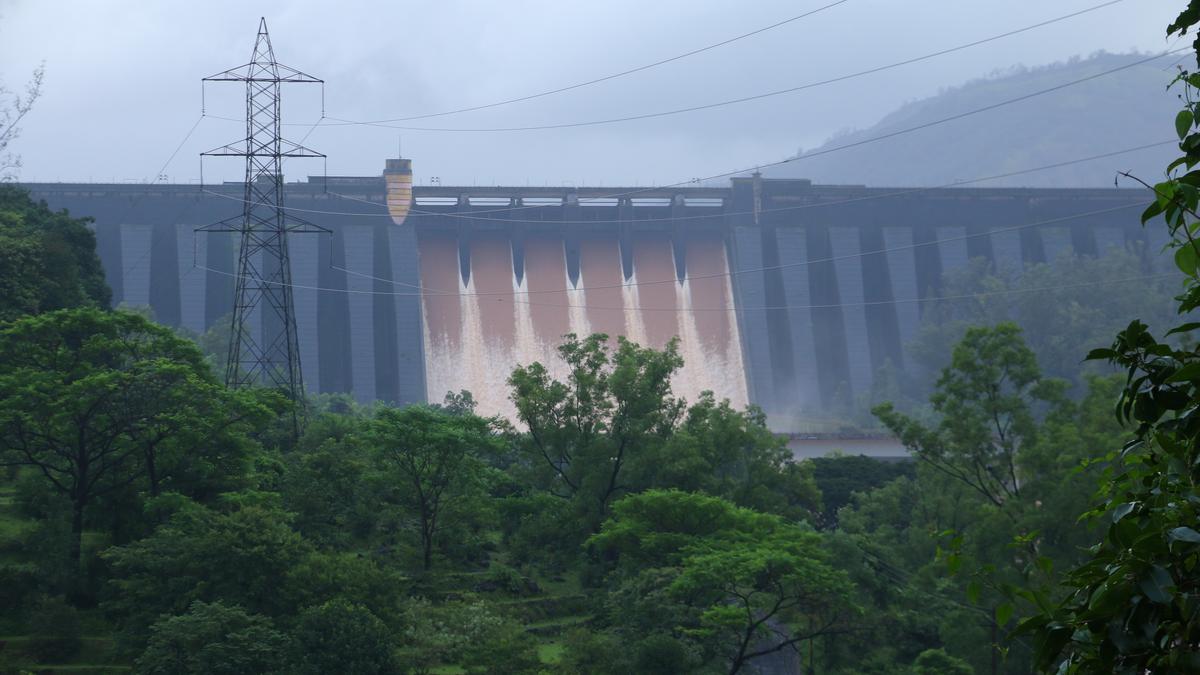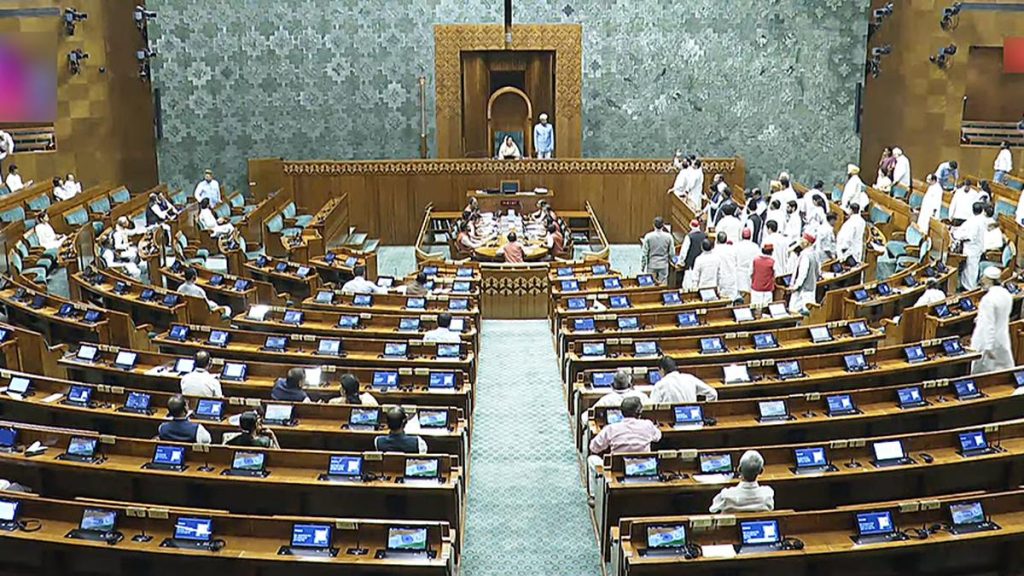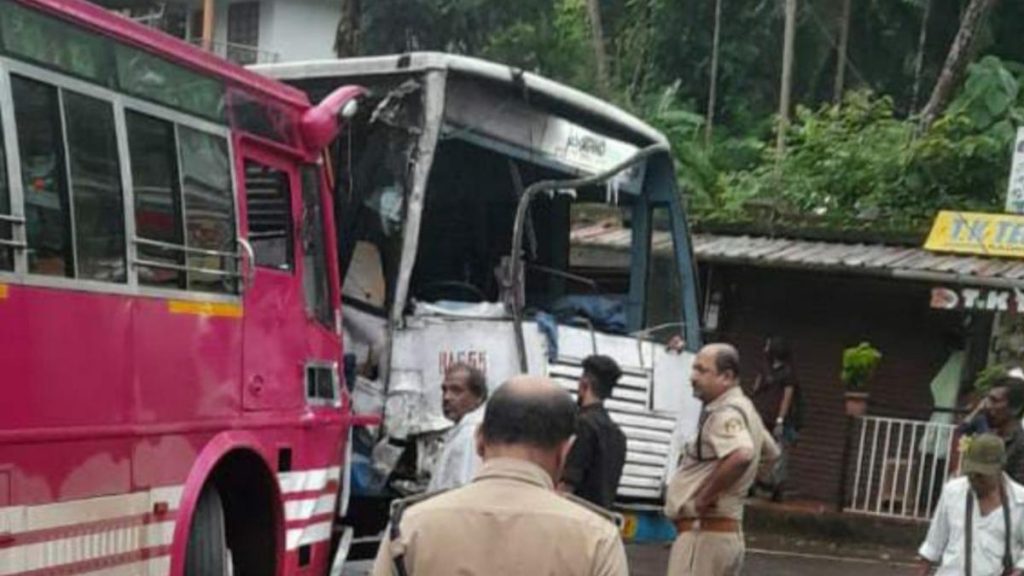Now Reading: Rising Water, Energy Demands in India Linked to Increased Quake Risks
-
01
Rising Water, Energy Demands in India Linked to Increased Quake Risks
Rising Water, Energy Demands in India Linked to Increased Quake Risks

Speedy Summary
- Human-induced Earthquakes: Studies indicate over 700 earthquakes globally in the past 150 years were influenced by human activities such as mining, groundwater extraction, dam construction, and fracking. These activities modulate tectonic stress levels.
- India’s Groundwater Seismicity: A study noted that excessive groundwater removal in Delhi-NCR correlated with increased seismic activity between 2003-2012; stabilization of water tables reduced activity after 2014.
- High-risk Zones: Delhi is categorized as Zone 4 for seismic risk.Experts warn of risks across the Gangetic plains due to falling water tables required for farming.
- Dam-related Seismicity: Historical cases include the Koynanagar quake (1967) attributed to hydroelectric dam water loading.similar risks are observed at Mullaperiyar Dam in Kerala.
- Energy Risks & Fracking Sites: india’s energy demands include techniques like fracking at 56 sites across six states; these methods pose heightened seismic risks.
- Climate Change Impact: Melting glaciers and altered rainfall patterns linked to climate change are indirectly inducing seismic events globally and within India’s Western Ghats region.
Indian Opinion Analysis
Human-induced earthquakes underscore the intertwined nature of human activity with geological processes. India’s reliance on natural resources-be it groundwater extraction, dam-based hydropower systems, or energy-intensive practices like fracking-has exposed vulnerable populations near fault zones to potential seismic hazards. While recorded quakes due to such factors often remain minor (<5 in magnitude), densely populated cities like those in Delhi-NCR face severe risks if tectonic stress escalates. Climate change adds another layer of complexity by modifying rainfall cycles and glacier melt rates which alter ground pressure dynamics further exacerbating this risk. Given india's growing energy needs and agricultural dependency on irrigation water from diminishing rainfall sources, experts' suggestions for scientific monitoring mechanisms should be prioritized alongside stricter regulations on resource extraction processes near seismically sensitive areas. Read more: The Hindu article
images Included:
























